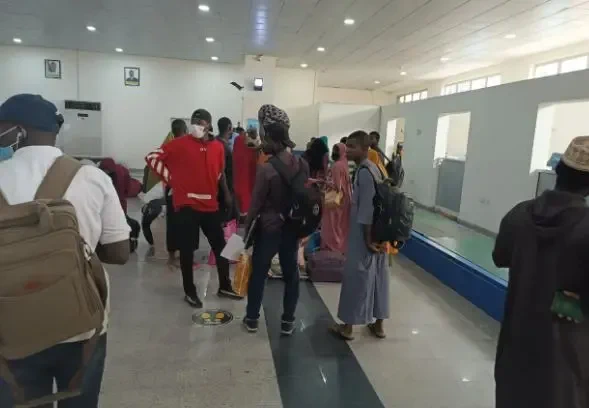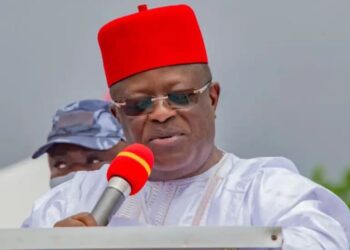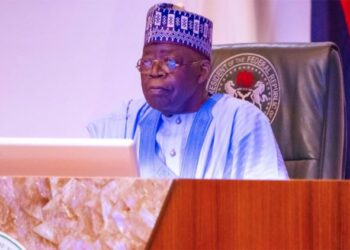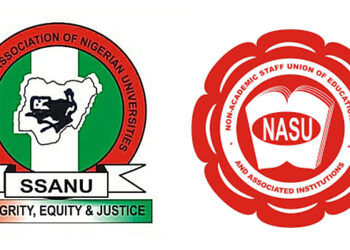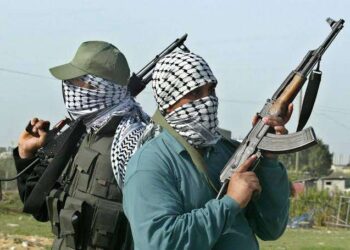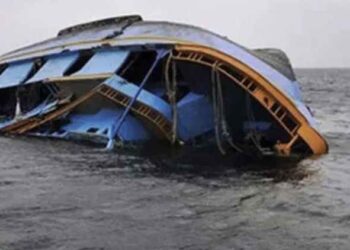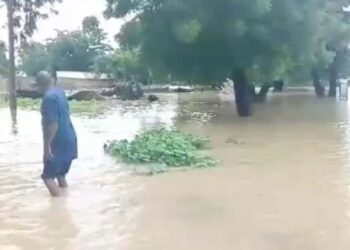Nigeria’s federal government has evacuated another 198 Nigerians who were stranded in the heat of the ongoing crisis in Sudan.
The evacuees who were airlifted from Port Sudan touched down at the Nnamdi Azikiwe International Airport, Abuja on Tarco Air, a Sudanese Airline, around 12:09pm.
The new evacuees brings to 2,556, the total number of Nigerians so far evacuated and brought back to Nigeria using 12 flights.
They were received by the Migrant Affairs, National Commission for Refugees, Migrants and Internally Displaced Persons, and the Director General of National Emergency Management Agency, NEMA, Mustapha Ahmed, among others.
Of the 198 evacuees,160 were adults, while 38 minors.
Addressing newsmen at NAIA, Ahmed, said the Federal Government will not stop the evacuation process until all stranded Nigerians are returned despite the sorry state of Sudan.
Ahmed, however, stated that the evacuation exercise would continue, adding that efforts were being made to evacuate about 40 Nigerians stranded in Sudan.
He added that so far no Nigerian has lost his or her life in the crisis-riden country.
“We all know the crisis in Sudan has escalated seriously, no Nigerian aircraft can go to Sudan. The Sudanese based airline we are using called TARCO, has been working with us assiduously and they had to engage the military authorities for us to be able to airlift these people.
“The most important thing is that they are back home and we have not lost one Nigerian life, which is most important to us. 198 people, including women and children were brought back today and the remaining 40 people would be brought back as we are working round the clock to bring them back,” he said.
Ahmed added that the 100,000 naira provided by the Dangote Foundation, would be given to the evacuees to aid their transportation to their various destinations.
On her part, Director, Migrant Affairs, National Commission for Refugees, Migrants and Internally Displaced Persons, Mrs Catherine Udida, said: “To ensure that Nigerians who are trapped in Sudan are brought back home and as you can see and as you can see we have the most vulnerable ones who are with their children now and DG has already mentioned that we have 40 more and our duty is to make sure that they are provided with social support.
“Now that they are here they may be going through a lot of trauma and the government has done the best to ensure that they were taken care of even while in Sudan. You can see that they are looking better than those we had before because they have been taken care of so we intend to continue with that care to provide psychosocial support for them and ensure that whatever trauma they have been through we make it easier and I integrate them into the society using partner and government effort to provide support where necessary.”


